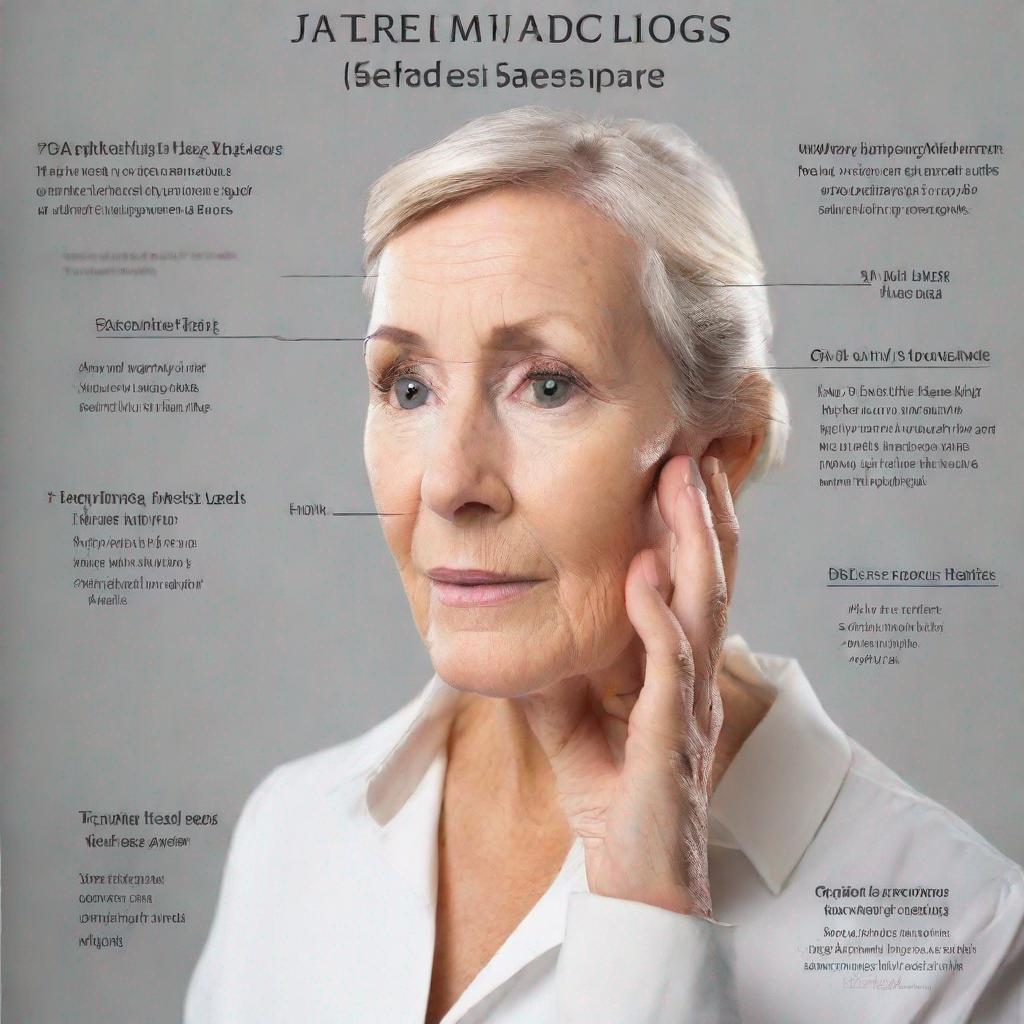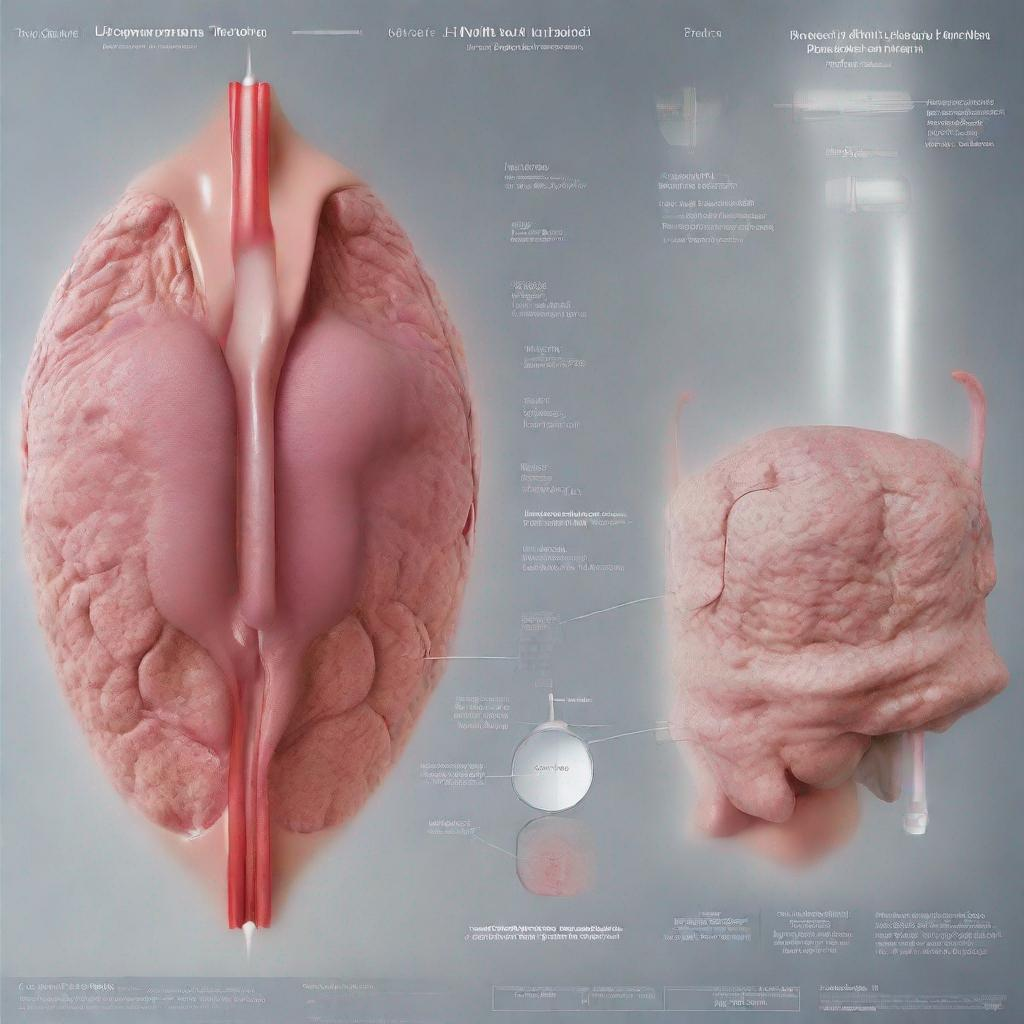## Hearing Loss
Hearing loss is a partial or complete inability to hear. It can affect one or both ears, and range from mild to profound. Hearing loss can be temporary or permanent, and can have a significant impact on a person’s quality of life.
### Symptoms
The symptoms of hearing loss can include:
– Difficulty hearing faint or high-pitched sounds
– Muffled speech
– Earache
– Drainage from the ear
– Vertigo (spinning sensation)
– Ringing in the ears (tinnitus)
– Sensitivity to loud sounds (hyperacusis)
### Types of Hearing Loss
There are three main types of hearing loss:
– **Sensorineural hearing loss:** This type of hearing loss is caused by damage to the cochlea, which is the inner ear structure responsible for converting sound waves into electrical signals. Sensorineural hearing loss can be caused by a variety of factors, including age, noise exposure, and certain medications.
– **Conductive hearing loss:** This type of hearing loss is caused by a blockage or impediment in the outer or middle ear, which prevents sound waves from reaching the cochlea. Conductive hearing loss can be caused by a variety of factors, including earwax buildup, ear infections, and a perforated eardrum.
– **Mixed hearing loss:** This type of hearing loss is a combination of sensorineural and conductive hearing loss.
### Diagnosis
Hearing loss can be diagnosed with a variety of tests, including:
– **Audiometry:** This test measures the ability to hear sounds of different frequencies and volumes.
– **Tympanometry:** This test measures the movement of the eardrum in response to sound waves.
– **Otoacoustic emissions:** This test measures the sounds that are produced by the cochlea.
– **Electronystagmography:** This test measures the movement of the eyes in response to sound waves.
### Treatment
The treatment for hearing loss depends on the type and severity of the hearing loss. Treatment options may include:
– **Hearing aids:** These devices amplify sound waves and can help people with mild to moderate hearing loss.
– **Cochlear implants:** These devices bypass the damaged cochlea and directly stimulate the auditory nerve. Cochlear implants can help people with severe to profound hearing loss.
– **Medication:** Antibiotics can be used to treat ear infections that are causing hearing loss.
– **Surgery:** Surgery may be necessary to remove a blockage or impediment in the outer or middle ear.
– **Assistive listening devices:** These devices can help people with hearing loss to hear better in certain situations, such as when they are on the phone or watching TV.
– **Speech therapy:** Speech therapy can help people with hearing loss to improve their communication skills.
– **Auditory training:** Auditory training can help people with hearing loss to learn how to listen more effectively.
### Prevention
Hearing loss can be prevented by taking the following steps:
– **Protecting your ears from loud noise:** Wear earplugs or ear muffs when you are exposed to loud noise.
– **Avoiding earwax buildup:** Clean your ears regularly with a soft cloth or cotton swab.
– **Getting regular ear checkups:** See your doctor for a regular ear checkup to check for any signs of hearing loss.
### Complications
Hearing loss can lead to a number of complications, including:
– **Social isolation:** People with hearing loss may have difficulty communicating with others, which can lead to social isolation.
– **Depression:** Hearing loss can lead to depression, as people with hearing loss may feel frustrated and isolated.
– **Tinnitus:** Tinnitus is a ringing or buzzing sound in the ears that can be caused by hearing loss.
– **Cognitive decline:** Hearing loss has been linked to cognitive decline, as the brain needs to work harder to process sound.




